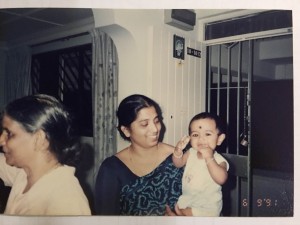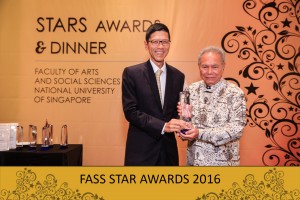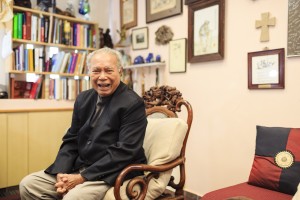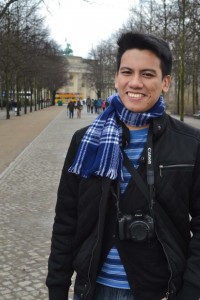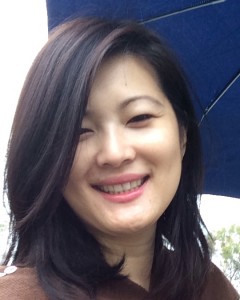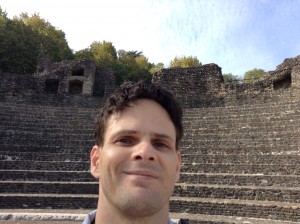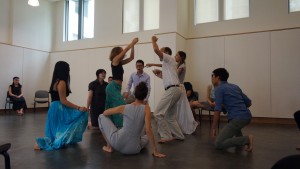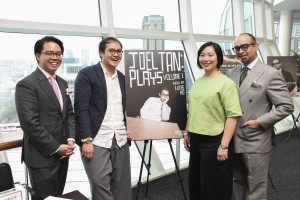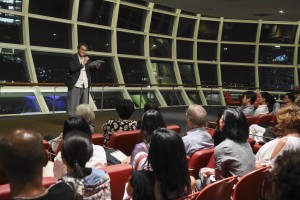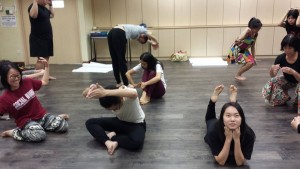Come July, Prasatt Arumugam, a former English Literature major who graduated in January 2016, will be embarking on an immense expedition that will be a first for Singapore. He will trek the entirety of the Pacific Crest Trail (PCT), which stretches 4,280km from Canada to Mexico, in a bid to be the first Singaporean to thru-hike the PCT. This arduous journey which takes more than 5 months to complete is a true test of the mind and body. It demands walking for 10 hours a day, with a backpack that can weigh up to 20kg, through a distance equivalent to walking from Singapore to China. He will also have to battle challenging terrain such as icy mountain passes and parched deserts. It is no wonder that more people have reached the summit of Mt Everest than completed the trail.
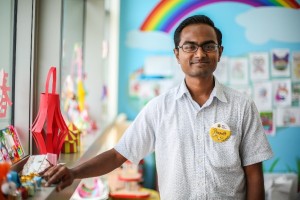
But for Prasatt, this endeavor is fueled by a cause larger than himself. This campaign is dedicated to the brave children whom he volunteers with at the Children’s Cancer Foundation (CCF). His journey with CCF began after his aunt passed away from cancer. She was like a mother to him and her loss was a particularly hard blow for him. This eventually prompted Prasatt to want to reach out to others suffering from cancer like his aunt did. Combined with his love for children, CCF became the logical choice.
Prasatt currently volunteers as a play personnel at the CCF Playroom in the National University Hospital. He engages in distraction play therapy, to help take the minds of the children off the pain and discomfort of treatments and check-ups. This allows them not to associate the hospital as merely a place of sadness and pain, but also as a place where they can meet friends and do things they love. In his time there, he has met many young ones afflicted with cancer. Despite their youth, they face their immense battle with cancer with such courage and grace that Prasatt feels they deserve every possible chance of success in their fight. This is why he has decided to embark on TrekInvicta – a social initiative in support of CCF.
Through his own arduous journey, he aims to present a tangible parallel to the struggles that these children of CCF face on their long road to recovery. In doing so, he hopes to draw greater awareness to their cause and raise $26,660 – $10 for every mile – for CCF to continue its good work. 100% of all gross proceeds will go to CCF and donations above $50 are eligible for a 2.5x tax deduction. The funds raised are put to good use. According to CCF’s 2014 Annual Report, about 92% of CCF’s funds are channeled directly to aid its beneficiaries in the form of programs such as financial assistance, casework and counselling, and CCF’s learning centre, Place for Academic Learning and Support (PALS).
Prasatt hopes that readers of this blogpost can lend their support to these children to let them know that they are not alone in their fight. You can contribute to the campaign by heading to http://tinyurl.com/give2trekinvicta. No amount is too small, and every dollar makes a difference in the lives of these children! To learn more about the campaign, please head to http://trekinvicta.com. Should you require any further information, Prasatt can be contacted at trekinvicta@gmail.com. Let us stand together with one of our own to stand in solidarity with children afflicted with cancer.

